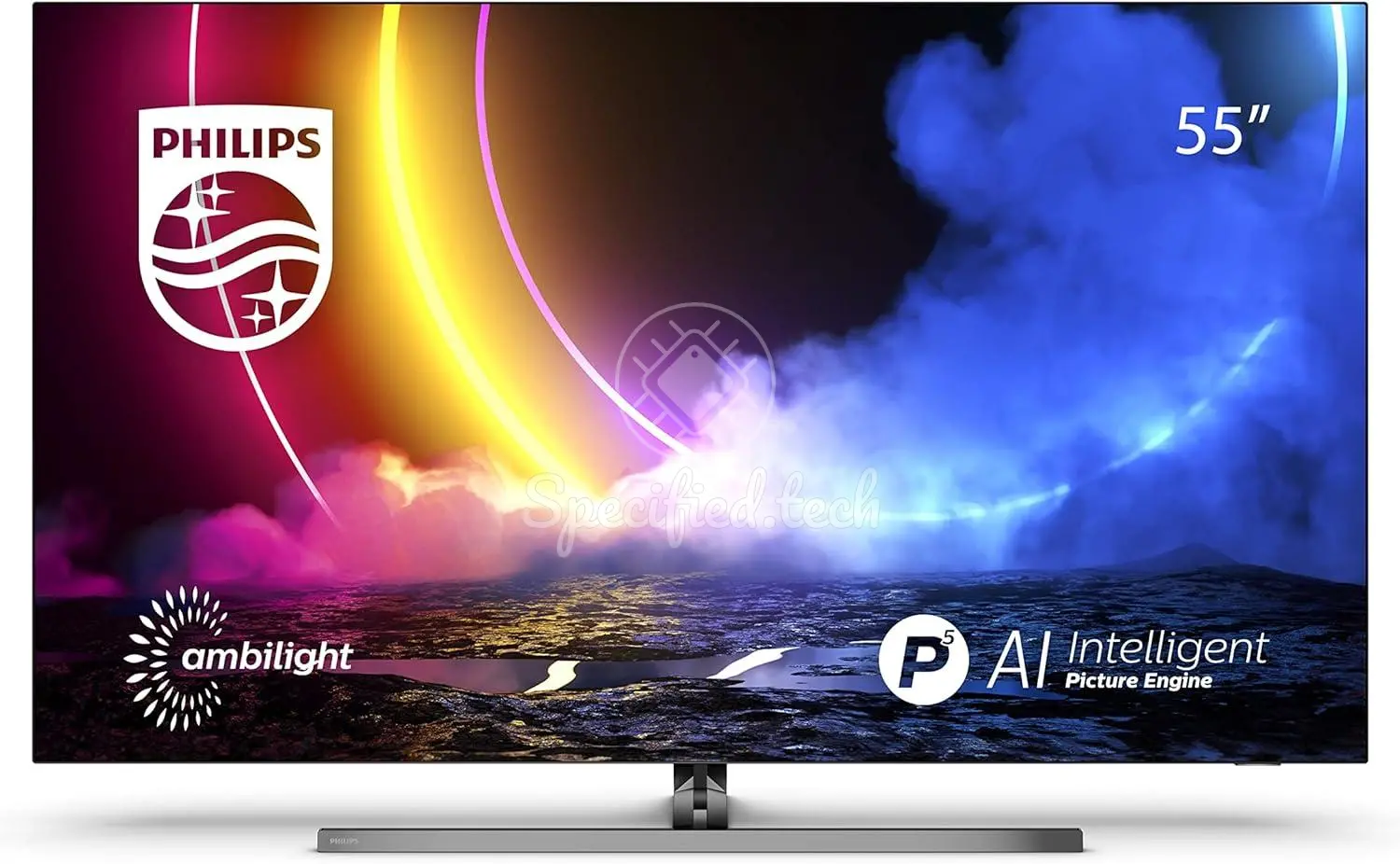
Consumption and performance data
When buying a TV, it is important to know the average power consumption in order to keep an eye on both the environmental impact and the financial costs. Conventional plasma televisions tend to consume more power than modern LED or OLED models. However, the average consumption is often between 80 and 150 watts per hour. According to the manufacturer, the model described here 55OLED856/12 has an average consumption of 94 w. To understand the total power consumption of a television, it is important to consider both active and standby consumption. Many modern televisions have an energy-efficient standby mode that reduces consumption to a minimum when the set is not in active use. The standby consumption of this TV is 0.3 w.
Network and Bluetooth
This model ( 55OLED856/12 ) supports Wi-Fi. This wireless network connection allows devices to display content from a smartphone or tablet, for example, or to download apps from an app store. The protocols are supported:
Wi-Fi Direct is supported by 55OLED856/12 , which is a standard for data transfer between two WLAN devices without a central wireless access point. This functionality makes it possible, for example, to send and display pictures and videos directly to the TV without a Wi-Fi connection to the router. DLNA-certified devices allow you to share content between devices in your home via your home Wi-Fi network. For example, you can set up your VAIO computer as a DLNA server and access music, videos and photos on your TV.
Apps
- Disney+
- Netflix
- Youtube
Environment
For temperature, the maximum permissible ambient temperature is 35 °C. Again, below a temperature of 5 °C , the TV from Philips should not be used.
Additional information
- 300x300
- 3gpp
- aac
- avi
- bmp
- gif
- h263
- h264
- h265
- heif
- jpeg
- m4a
- mkv
- mp3
- mp4
- mpeg4
- png
- quicktime
- ts
- vp9
- wav
- 802.11a
- 802.11ac
- 802.11b
- 802.11g
- 802.11n
- 802.11n (5Ghz)

